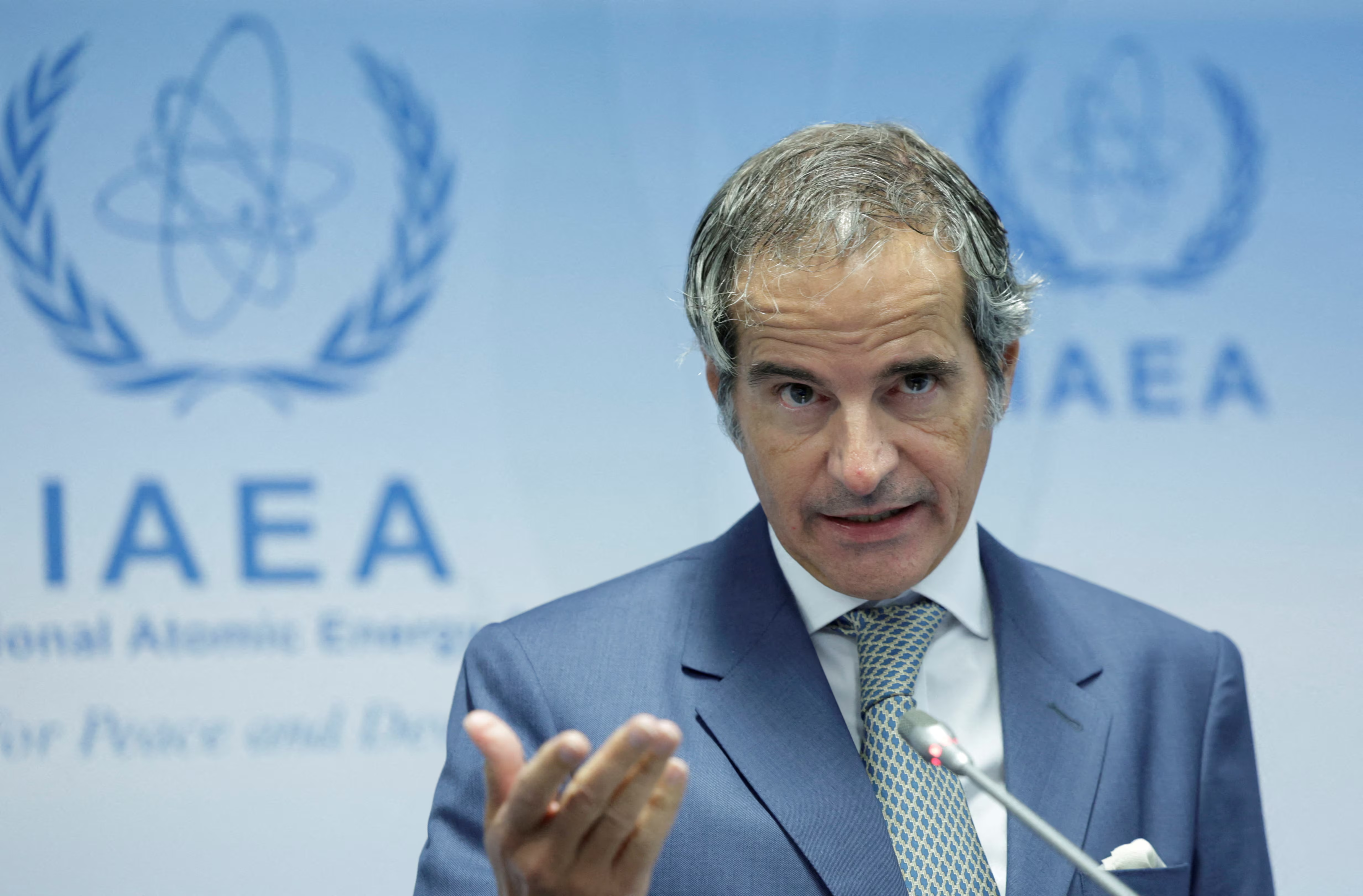As the world anticipates the upcoming administration of U.S. President-elect Donald Trump, European powers are ramping up efforts to address mounting concerns about Iran’s nuclear activities.
France, Britain, and Germany—collectively known as the E3—are preparing to introduce a new resolution through the United Nations’ atomic watchdog, the International Atomic Energy Agency (IAEA), to pressure Iran for greater transparency and cooperation. This push for a resolution highlights persistent global anxieties about Iran’s nuclear ambitions and the complex diplomatic road ahead.
The E3’s proposed resolution is expected to be brought before the IAEA’s 35-nation Board of Governors next week. Its objective is to address Iran’s lack of cooperation, particularly regarding its refusal to allow full access to inspectors and failure to explain uranium traces found at undeclared sites.
By requesting a “comprehensive report” on Iran’s nuclear activities, this resolution aims to increase scrutiny of Iran’s nuclear program beyond the quarterly reports typically issued by the IAEA. The expanded report would provide greater detail on critical problem areas, pressuring Iran to clarify its intentions and resume compliance with international standards, Reuters.
According to European diplomats, the goal is to bring Iran back to the negotiating table and establish new limitations on its nuclear activities, albeit likely with less stringent conditions than those outlined in the landmark 2015 nuclear agreement.

The original 2015 deal, known as the Joint Comprehensive Plan of Action (JCPOA), saw Iran agree to severe restrictions on its nuclear program and increased inspections by the IAEA in exchange for sanctions relief from the international community.
In 2018, however, Trump withdrew the United States from the JCPOA, leading to the unraveling of the agreement and escalating tensions between Iran and Western powers.
“Our concerns about Iranian nuclear activity are well known. It feels like a natural step to ask the IAEA for a thorough report, which would lay the groundwork for addressing Iran’s actions,” explained a European diplomat.
The decision by European powers to take this step is underscored by Iran’s previous responses to international criticism, which have included increased nuclear activities and restrictions on IAEA inspections. By advancing this resolution, the E3 hopes to halt further nuclear expansion in Iran and mitigate escalating tensions.
One of the notable aspects of this diplomatic maneuver is the role of the United States. Although the U.S. has not spearheaded the resolution, it is expected to support it, as it did with a similar resolution passed by the IAEA in June, USNews.
Much of the momentum toward a diplomatic solution with Iran was based on the expectation that Kamala Harris, Trump’s 2024 election opponent, would win the presidency and be more open to renewed negotiations with Iran. Now, with Trump’s return to office on the horizon, the diplomatic landscape has shifted, and European powers are left to lead the push for a new framework with Iran.
IAEA Director-General Rafael Grossi has expressed reservations about issuing a comprehensive report, given the delicate diplomatic situation and his ongoing efforts to secure answers and increased access from Iran. Grossi’s approach focuses on immediate diplomatic engagement rather than taking punitive steps that might stifle cooperation.

“We are, in practical terms, already providing this,” Grossi remarked during a press conference in September. “My approach is to resolve these issues now rather than leave open the potential for punitive measures in the future. I believe in making cooperation work as it stands.”
READ ALSO: COP29: IMF Encouraged to Leverage Gold Reserves for Climate Relief
However, with Iran’s “termination day” for the 2015 deal looming in October next year, European powers are intent on pushing for a resolution that would formalize their concerns and outline next steps. If approved, this resolution would mark a significant step toward a more rigorous inspection regime and a possible new diplomatic engagement with Iran.
As this unfolding diplomatic situation continues, it remains uncertain how Iran will respond to a more comprehensive IAEA report, especially as the transition in U.S. leadership nears.
For now, European powers are moving forward with what they view as a crucial resolution—one that could provide the necessary leverage to bring Iran back to the negotiating table, sustain global nonproliferation goals, and ease regional tensions.
Discover more from Cine critique
Subscribe to get the latest posts sent to your email.

